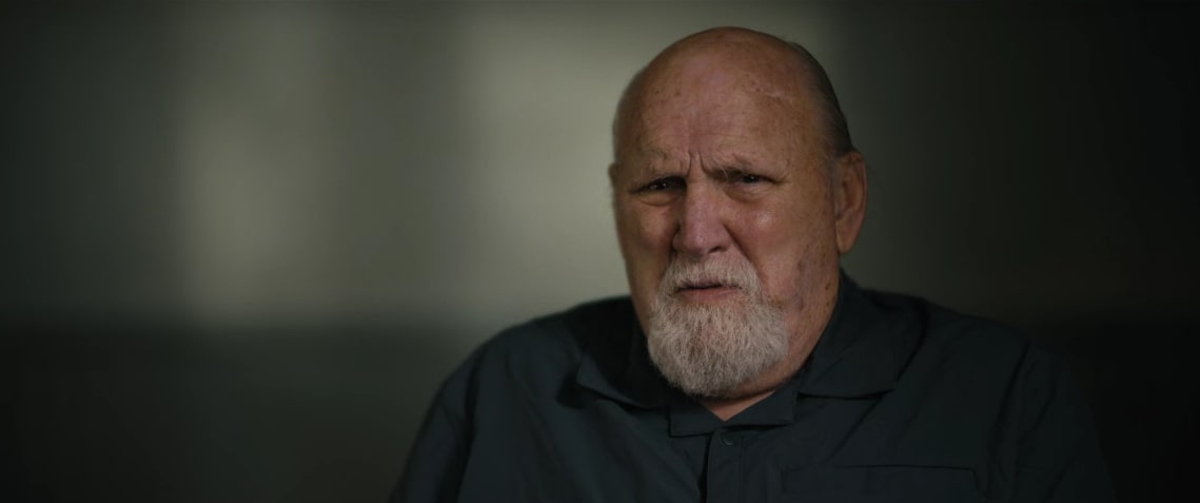As a Netflix original documentary series living up to its title in every way imaginable, ‘Waco: American Apocalypse’ can only be described as equal parts haunting, heartbreaking, and horrifying. That’s because it comprises exclusive interviews with nearly everyone close to the matter to really examine the 1993 stand-off between the federal authorities and the Branch Davidians group. Amongst them were Bureau of Alcohol, Tobacco, Firearms, Explosives (ATF) Agents Jim Cavanaugh and Bill Buford — today, if you wish to learn more about them, we’ve got you covered.
Where is Jim Cavanaugh Now?
Although a native of New Jersey, it was in Florida that James “Jim” Cavanaugh first gained the right reputation of being a great law enforcement official by becoming a Sheriff’s Deputy in 1974. It thus comes as no surprise he managed to land a spot at ATF once he applied merely a couple of years later, just to quickly kickstart his federal career in the diverse city of Nashville, Tennessee. He reportedly remained here for eight years before getting promoted to Resident Agent in Kansas, only to then make his way up to Washington’s Explosive Division and Special Operations Division.

Jim actually became Assistant Special Agent In-charge in Dallas, Texas, a short while later, but soon returned to Washington HQ to take over the post of Deputy Chief for the Explosive Division. From there, the high-level Agent went on to helm the Birmingham Division, the utter success of which also helped him head the entire Nashville Office until he simply couldn’t anymore. In other words, the once-negotiator actively served his nation under the banner of ATF for almost 33½ years, that is, until he reached the mandatory federal retirement age of 57 in March 2010.
Throughout these 3+ decades, Jim had proudly played a significant role in several high-profile cases, including the 2002 Washington sniper spree, the 1993 Waco siege, and the 5-year hunt for 1990s bomber Eric Rudolph. Therefore, today, even though the 70-year-old has long stepped away from the field, he continues to speak up on these matters, as well as those like gun laws, with various publications across the nation. Moreover, it appears as if the proud family man currently resides in the Southern state of Tennessee, where he even serves as a law enforcement analyst for NBC News.
Where is Bill Buford Now?
It was back in the 1960s, when the Vietnam War picked up, that Bill chose to step away from the University of Kansas despite having a full-ride football scholarship to enroll in the Army. The truth is he hails from a military family, so he just wished to follow in his ancestors’ footsteps, unaware that this path would soon lead him down a road unlike anything he could’ve ever imagined. He actually went through extensive special forces training before finding himself amid war in 1965, but he still got shot at six times — his goal thus became to keep getting better every step of the way.

Bill reportedly returned home around 1966 following a year of combat, just to then find himself joining the Bureau of Alcohol, Tobacco, Firearms, and Explosives for some different experiences. It was there he honed his skills to absolutely no limits while also training upcoming agents, only for February 28, 1993, to turn everything upside down with the shootout against the religious sect.
Since Bill was right at the front lines on this eerily fateful day as well, he took the brunt of the impact with several bullets all over his body — so it’s honestly a miracle he’s even alive today. The truth is it was this unwavering loyalty and determination of his that helped him climb the ladder, too, meaning he ended up serving as the Head of Office in Arkansas before retiring for good.
From what we can tell, Bill established the Arkansas State Police Bomb Squad after his retirement upon feeling a desperate need for it, making it perfectly clear he has truly settled down in this state. As for his personal standing, it seems like the former Special Agent prefers to lead a quiet life alongside his loved ones these days, all the while still being a part of law enforcement through public speaking or teaching officers how to stay in a fight no matter how bad they’ve been injured.
Read More: Bob Ricks: Where is Waco’s FBI Officer in Charge Now?


You must be logged in to post a comment.